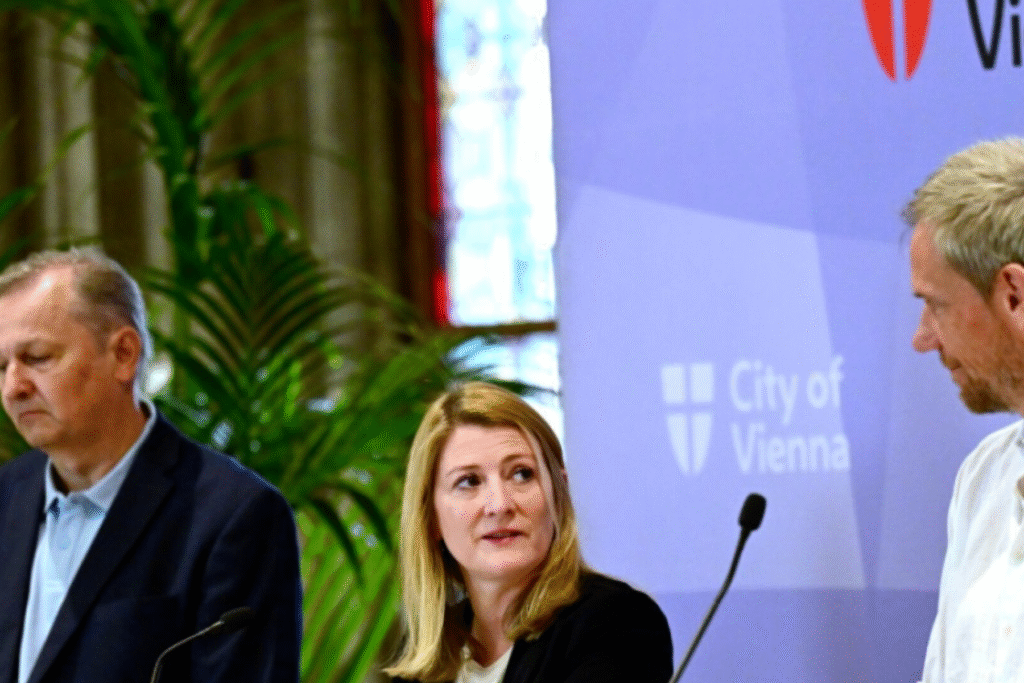
In Vienna, underage offenders will now receive support—in the form of “buddies.” These are professionally trained mentors who maintain regular contact with the children, as City Councilor for Education and Youth Bettina Emmerling (NEOS) announced Monday at a press conference. The project, titled “Orientation Assistance,” will launch in October. Its aim is to prevent young people from slipping further into crime.
The orientation assistance is meant to protect both the children and society, the councilor emphasized. The focus is on young people under the age of 14 who have already come to notice through criminal acts. The initiative is being implemented by the association “Save the Child,” which won the corresponding tender.
The children involved often come from broken families and are frequently left to fend for themselves, it was reported. Caregivers are often overwhelmed single mothers or parents struggling with addiction. According to City Hall, young traumatized refugee boys who have committed offenses are also part of the target group. Vulnerable children should be strengthened at an early stage, Emmerling explained: “It is about building a relationship at eye level.”
Johannes Köhler, head of MA 11 (Child and Youth Services), estimates that there are around 30 to 40 young repeat offenders in Vienna. These are usually 12- to 13-year-old boys who have just begun their criminal careers. In the future, they are to be supported by buddies. This should offer them perspective. “Because no one is born a repeat offender,” Köhler stressed.
Excursions, Mentoring, And Accountability
Christian Reiner, managing director of “Save the Child,” is also convinced. “We assume that learned behavior can also be unlearned.” Many have experienced abuse or violence in their families. The buddy is meant to provide the youth with a better environment. Planned activities include excursions together. Bringing the child to school or picking them up afterward may also be part of the support. At the same time, there will be opportunities to talk about their offenses—and the impact on victims.
Contact is to take place at least three times per week. Four experienced social workers and social pedagogues have been selected for the initial phase, Reiner explained. Additional staff will be hired. The program will last one year and can initially include up to 20 children. The project costs were estimated at 500,000 euros.
Participation is voluntary. Positive influence cannot be forced, officials assured. However, guardians will also be involved. This does not mean there will be no consequences for legal guardians; measures up to and including removal of custody remain possible, it was emphasized.
At MA 11, it is hoped that the program will also reduce the number of children who may eventually need to be placed in secure facilities—as soon as such a possibility exists. A nationwide regulation is currently being developed, Köhler explained. At the same time, Vienna is searching for locations where such a facility could be established.

